Introduction
Artificial Intelligence (AI) is as fascinating as it is boundless. From self-driving cars to voice-enabled assistants, AI has transformed the way we live, work, and play. But what is the future of Artificial Intelligence in India, a country at the crossroads of ancient tradition and technological innovation?
Let’s explore the promises and challenges that AI presents to this vibrant nation.
What is the global of Artificial Intelligence?
Global Artificial Intelligence (AI): Data and Information
- The market for AI technology is enormous; it will likely reach a value of over 1.8 trillion dollars by 2030, up from a projected 200 billion dollars in 2023.
- Globally, AI is not just a buzzword but a revolution in progress. It’s reshaping industries, enhancing efficiencies, and unlocking new avenues for growth.
- From healthcare algorithms that predict diseases to AI-driven climate models, the global landscape of AI is both thrilling and overwhelming.
What is the status of AI today?
In India, AI has started to make its mark across various sectors. However, it’s still in its nascent stages compared to global giants like the US and China.
From startups to large corporations, the embracement of AI technologies is gaining momentum, driven by the government’s push and the ingenuity of Indian entrepreneurs.
- A study estimates that by 2035, AI would account for USD 957 billion, or 15% of India’s GDP. India’s large population and wealth of data will make the country a suitable environment for the advancement and use of artificial intelligence.
Exploring The Future of Artificial Intelligence in India
Why focus on AI’s future in India?
- Because India offers a unique blend of challenges and opportunities that can enrich the global AI narrative.
- With its diverse population, vast talent pool, and vibrant startup ecosystem, India’s journey in AI exploration can offer invaluable insights and innovations to the world.
Technological Advancements and Innovation
R&D in AI Technologies
- Investments in AI research and development are on the rise in India, with both government and private sectors fueling the fire.
- Notable innovations and startups in India are beginning to make waves, proving that India is a fertile ground for AI.
- The role of AI in addressing societal challenges highlights its potential to be a force for good, tackling issues from poverty to environmental sustainability.
AI in Healthcare, Agriculture, and Other Key Sectors
Case studies of AI implementation in sectors like healthcare and agriculture showcase its transformative effects on efficiency and productivity.
The potential impact on productivity and efficiency could be a game-changer for India’s economy and society.
- Challenges in widespread adoption include infrastructure constraints and a lack of awareness, requiring concerted efforts for change.
Intersect of AI with Other Emerging Technologies
AI and IoT (Internet of Things) for smart cities is a dream within reach, promising to revolutionize urban living in India.
Block chain and AI for enhanced security present intriguing possibilities for securing digital transactions and data integrity.
- The role of 5G and 6G in accelerating AI applications can’t be overstated, promising lightning-fast connectivity that can elevate AI’s capabilities.
Economic Impact and Business Opportunities
AI’s Contribution to Economic Growth
Predictions of AI’s impact on India’s GDP are optimistic, with substantial gains expected across various sectors.
Sectors projected to benefit the most from AI include healthcare, education, agriculture, and manufacturing, showcasing AI’s versatility.
- The potential for job creation despite automation fears counters the narrative that AI will only displace jobs, highlighting new opportunities in the AI era.
AI in Start-ups and Venture Capital Trends
The landscape of AI start-ups in India is vibrant and growing, signaling a healthy ecosystem for AI innovation.
Funding trends and major investments indicate a buoyant market, eager to back promising AI ventures.
- Success stories and notable exits inspire a new generation of entrepreneurs, showing that success in AI is not just possible but achievable.
Education and Workforce Development
AI in Academic Curricula
Injecting AI courses in schools and universities is a mission that India is actively pursuing, aiming to prepare the next generation.
Bridging the gap between AI theory and practical application is crucial to producing industry-ready graduates.
- Collaboration between academia and industry nurtures a symbiotic relationship that accelerates real-world AI solutions.
AI in Skill Development Programs
Government and corporate-funded training programs are vital in equipping the current workforce with AI skills.
Online platforms and resources for self-learning democratize access to AI education, making it possible for anyone to jump on the AI bandwagon.
- Future job roles and career paths in AI are both exciting and daunting, hinting at a landscape of opportunities yet to be fully imagined.
Creating an Inclusive AI Workforce
Addressing the gender gap in AI is not just a matter of equality but also of harnessing diverse perspectives for better solutions.
Opportunities for underrepresented communities can ensure AI’s benefits are evenly distributed, avoiding a future where AI widens social divides.
- Accessibility challenges and solutions remind us that AI should empower everyone, including those with disabilities.
Also read – Top 5 Examples of Cloud Computing
Societal Implications and Public Perception
AI Public Awareness and Understanding
Surveys on AI awareness levels across different demographics reveal a mixed picture, highlighting the need for better public education on AI.
Misconceptions and accurate knowledge dissemination can pave the way for informed discussions about AI’s role in society.
- The role of media in shaping public perception of AI is crucial, underscoring the need for responsible reporting and storytelling.
AI for Social Good
AI initiatives aimed at solving social issues demonstrate the heartening side of AI, where technology meets humanity.
Government and NGO partnerships in AI projects embody the collaborative spirit necessary to tackle complex societal problems.
- Success stories and lessons learned in using AI for social good offer hope and direction for future endeavors.
AI Ethical Concerns and Solutions
The debates about privacy, surveillance, and control remind us of the ethical tightrope that AI developers and users must walk.
Mechanisms to ensure ethical AI usage are essential to prevent misuse and unintended consequences.
- Finding the balance between innovation and regulation is key to fostering an AI ecosystem that benefits all.
Policy and Governance: Shaping AI’s Ethical Landscape
AI Regulatory Frameworks
Creation of AI-specific regulations in India is still a work in progress, emphasizing the need for policies that foster innovation while safeguarding privacy and security.
Updates to existing digital and data protection laws are crucial to address the evolving challenges posed by AI technologies.
- International collaboration and standards can help India align its AI policies with global best practices, enhancing interoperability and trust.
Ethical AI Implementation
Ensuring AI transparency and accountability is vital to gain public trust and facilitate ethical decision making by AI systems.
Mitigating biases in AI algorithms demands constant vigilance and iterations since biases can lurk in data sets and skew outcomes.
- Privacy concerns and data security rightly worry many, urging for robust mechanisms to protect sensitive information in the age of AI.
Public and Private Sector Roles in AI
The government initiatives in promoting AI are commendable, with programs aimed at research funding and innovation hubs.
Corporate responsibilities and ethical AI development suggest companies should not only chase profits but also consider the societal impact of their AI technologies.
- Public-private partnerships in AI innovation can serve as the engine for breakthroughs that neither could achieve alone.
In Conclusion
Reflecting on our journey through the landscape of AI in India, it’s clear that the future is bright, but not without its challenges. As we stand on the brink of this technological revolution, it’s the collaborative approach—between government, businesses, academia, and society—that will determine the path forward.
India, with its rich diversity and talent, has the potential to not just navigate but lead in the global AI arena. Let’s together embrace this future, ensuring that AI in India is not just about technological advancement, but about uplifting humanity as a whole.
Having any queries? – Do reach us at info@scivoyage.com
Frequently Asked Questions
What is AI and why is it important for India?
AI, or Artificial Intelligence, involves creating computer systems that can perform tasks typically requiring human intelligence. It’s important for India as it can drive innovation, boost economic growth, and solve complex societal problems.
How can AI impact job creation in India?
AI can create new job opportunities in sectors like AI development, data analysis, and AI system maintenance, while also improving productivity and efficiency across industries.
What are the potential risks of AI and how can they be mitigated?
Risks include privacy breaches, job displacement, and ethical dilemmas. Mitigation strategies involve robust regulations, ethical AI development practices, and inclusive policies.
How can individuals prepare for the advancements in AI?
By acquiring AI-related skills through education and training, staying informed about AI trends, and engaging in discussions about AI’s societal impacts.
What role does the government play in the development of AI in India?
The government plays a crucial role in setting regulations, funding research and development, facilitating public-private partnerships, and integrating AI solutions into public services.

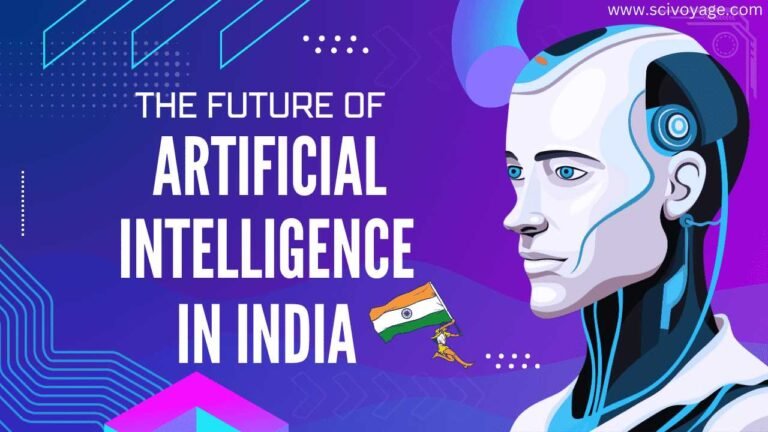

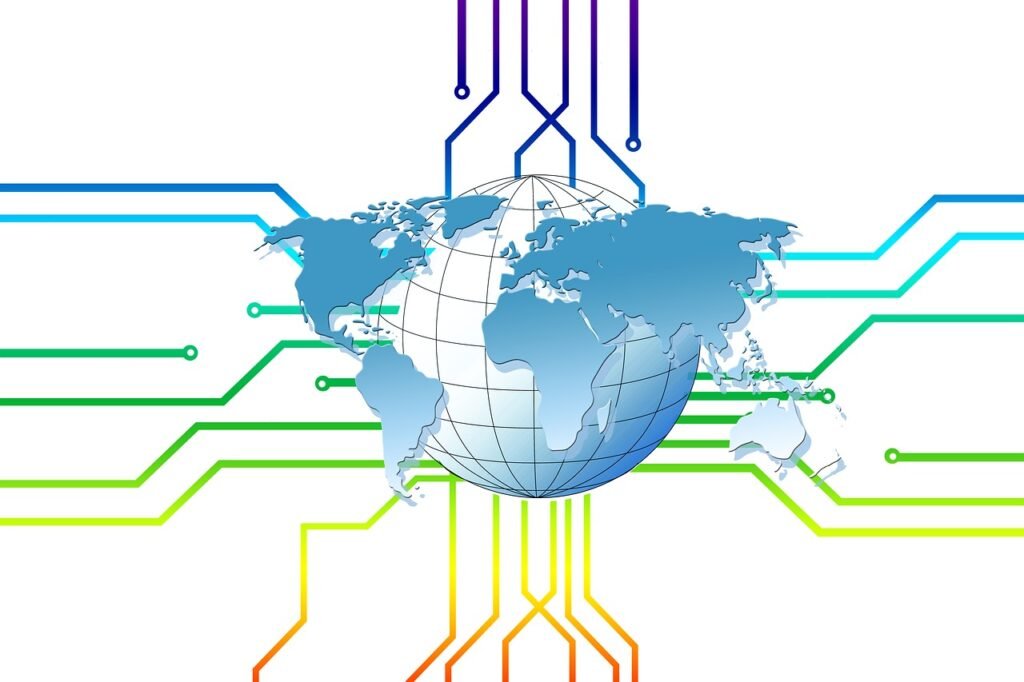




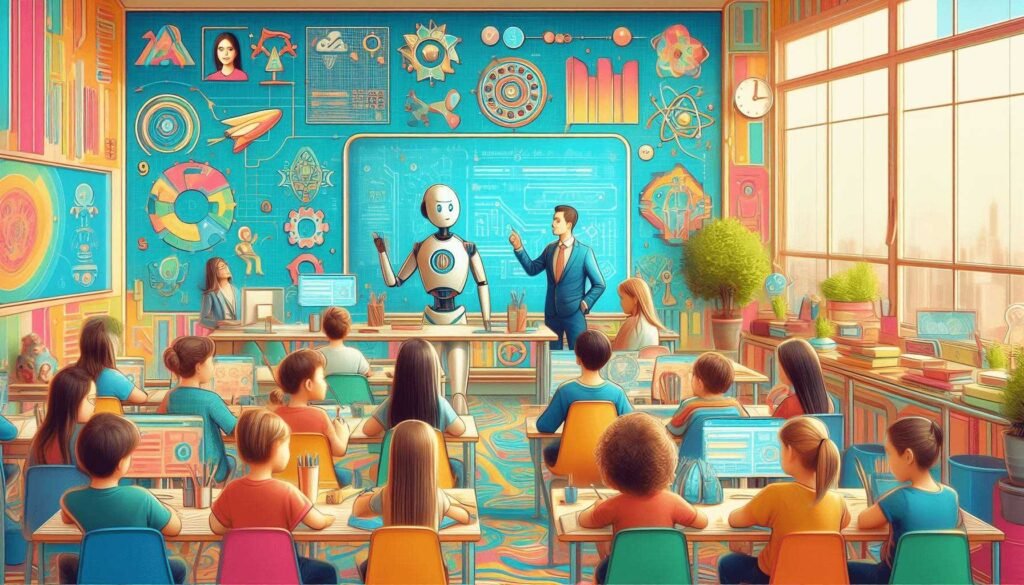

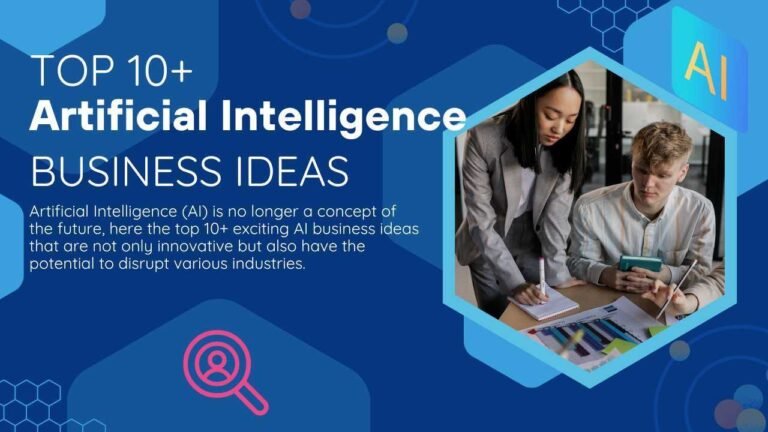
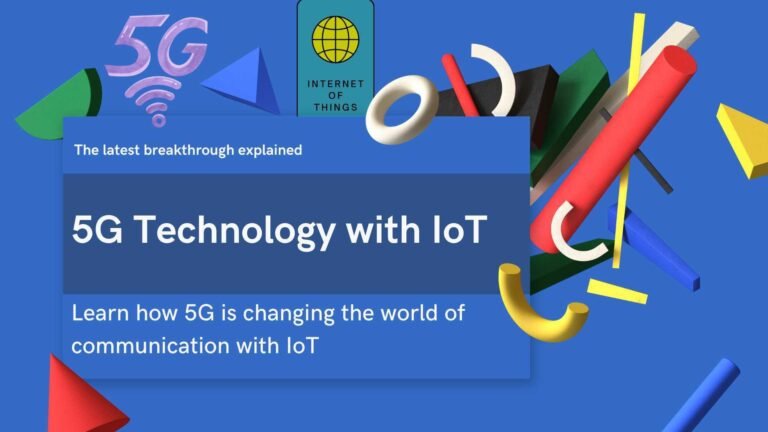
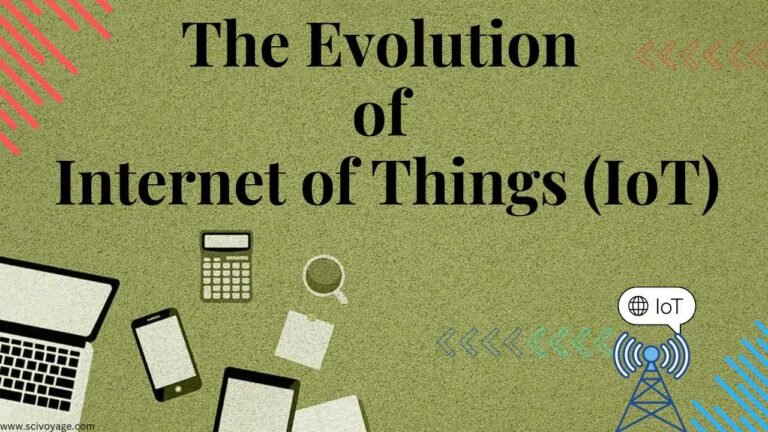

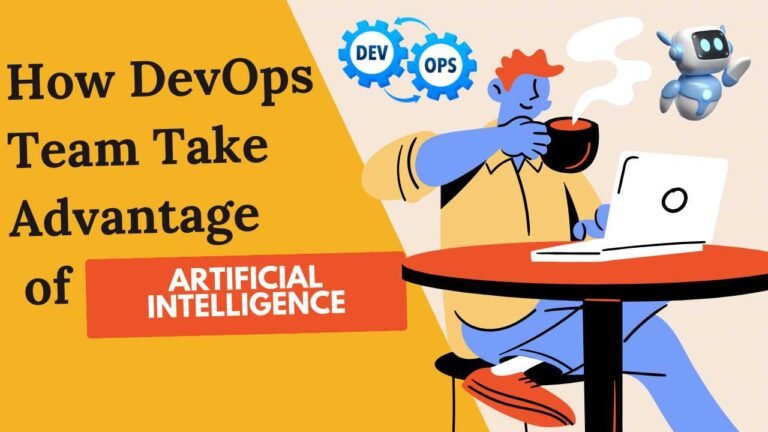


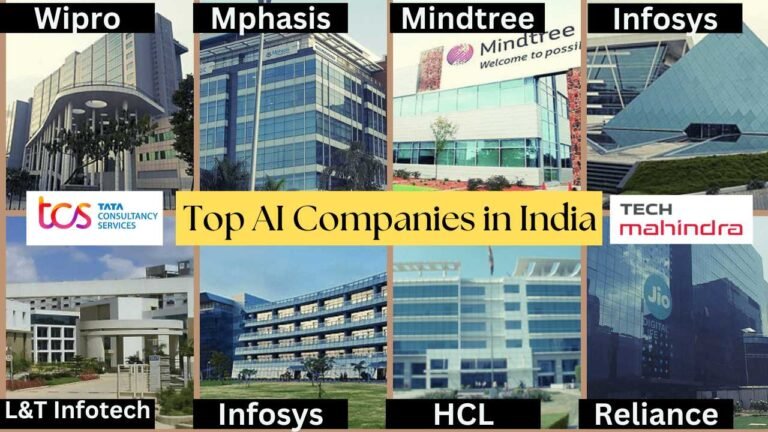
12 thoughts on “The Future of Artificial Intelligence in India”
I don’t think the title of your article matches the content lol. Just kidding, mainly because I had some doubts after reading the article.
Thanks for sharing. I read many of your blog posts, cool, your blog is very good.
I don’t think the title of your article matches the content lol. Just kidding, mainly because I had some doubts after reading the article.
Thanks for sharing. I read many of your blog posts, cool, your blog is very good.
I don’t think the title of your article matches the content lol. Just kidding, mainly because I had some doubts after reading the article.
Thank you for your sharing. I am worried that I lack creative ideas. It is your article that makes me full of hope. Thank you. But, I have a question, can you help me? https://accounts.binance.com/ro/register?ref=V3MG69RO
I don’t think the title of your article matches the content lol. Just kidding, mainly because I had some doubts after reading the article.
Thanks for sharing. I read many of your blog posts, cool, your blog is very good.
Thank you for your sharing. I am worried that I lack creative ideas. It is your article that makes me full of hope. Thank you. But, I have a question, can you help me?
Thank you for your sharing. I am worried that I lack creative ideas. It is your article that makes me full of hope. Thank you. But, I have a question, can you help me?
I don’t think the title of your article matches the content lol. Just kidding, mainly because I had some doubts after reading the article.
Thanks for sharing. I read many of your blog posts, cool, your blog is very good.